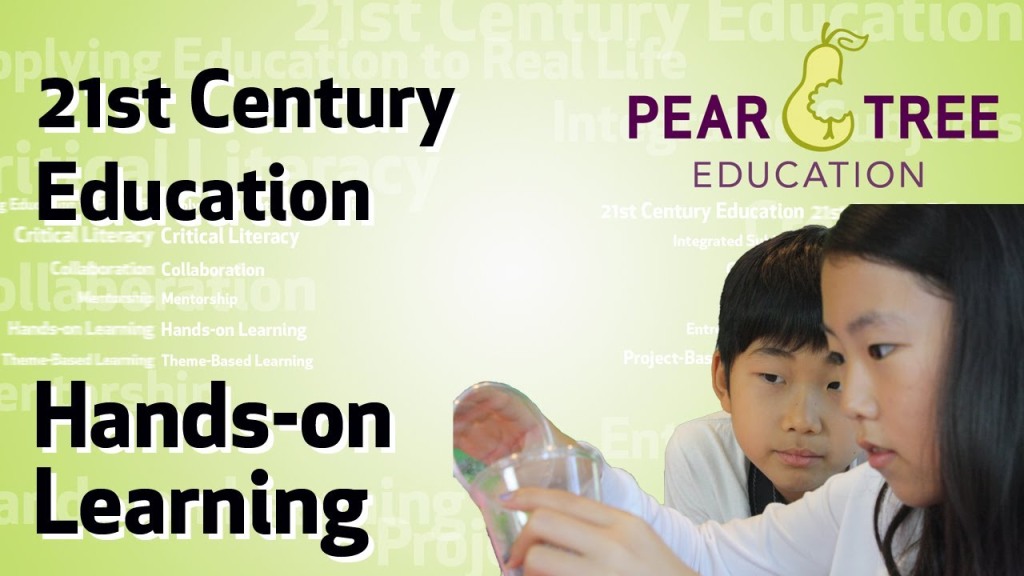Experiential learning is a powerful educational approach that emphasizes hands-on, real-world experiences as a means of acquiring knowledge and skills. This method goes beyond traditional textbook learning by immersing students in activities that require them to actively engage with the material they are studying. Through reflection, critical thinking, and problem-solving, students can deepen their understanding and develop practical abilities that will serve them well in both their academic pursuits and future careers.
One of the key benefits of experiential learning is its ability to make education more relevant and meaningful to students. By connecting classroom lessons to tangible experiences, learners can see firsthand how theoretical concepts apply in practice. This connection helps to foster a deeper appreciation for the subject matter and encourages students to take ownership of their own learning journey. When students are actively involved in the learning process, they are more likely to retain information and develop a genuine interest in the topics being covered.
In addition to enhancing academic performance, experiential learning also cultivates essential life skills such as teamwork, communication, problem-solving, and adaptability. These skills are increasingly valued by employers who seek candidates with not only strong academic backgrounds but also practical experience and soft skills. By engaging in hands-on activities that require collaboration and creativity, students can develop these crucial competencies in a supportive environment that encourages experimentation and growth.
Another significant advantage of experiential learning is its potential to cater to diverse learning styles. Not all students thrive in traditional classroom settings where lectures dominate the instructional approach. Some learners may struggle with abstract concepts or find it challenging to stay focused during long periods of passive listening. Experiential learning provides an alternative avenue for these individuals to excel by offering interactive opportunities for exploration and discovery.
Moreover, experiential learning fosters a sense of curiosity and curiosity among students by encouraging them to ask questions, seek answers independently, and explore new ideas fearlessly. Rather than simply memorizing facts or regurgitating information from textbooks, learners are encouraged to think critically about complex issues, draw connections across different subjects areas,and apply their knowledge creatively through hands-on projects or simulations.
Furthermore,the emphasis on reflection within experiential Learning promotes metacognition—the abilityto think about one’s own thinking processes—as well as self-awarenessand continuous improvement.By reflecting on their experiencesand evaluating their own performance,stude ntscan gain insightinto their strengthsand weaknesses,and identify areasfor further development.This reflectivepractice developsstudents’ capacityfor lifelonglearningandsel f-directedgrowth,a valuable skillsetthat will servethemwell throughouttheir academicjourneyandbeyond.
Overall ,experientiallearning offersa dynamicand engagingapproachtoeducationthat empowersstudentsto becomeactiveparticipantsintheirownlearningprocess.Itencouragescuriosity,criticalthinking,andcollaborationwhilefosteringessentiallifeskillsandsupportingdiverselearningstyle s.Throughhands-onexperiencesandreflection,studen tscanmakemeaningfulconnectionsbetweentheoreticalconceptsandreal-worl dapplications,enrichingtheirunderstandingan denhancingtheirlong-termretentionofinformation.Aseducatorscontinue toprioritizeinnovationandinclusivityintheireducationalpractices,itisimperativethattheyconsiderthepotentialbenefitsofincorporatingex perie ntialeducationstrategiesintotheircurriculumstoenhancetheoveralllearn ingexperienceforallstu dents.

Leave a comment